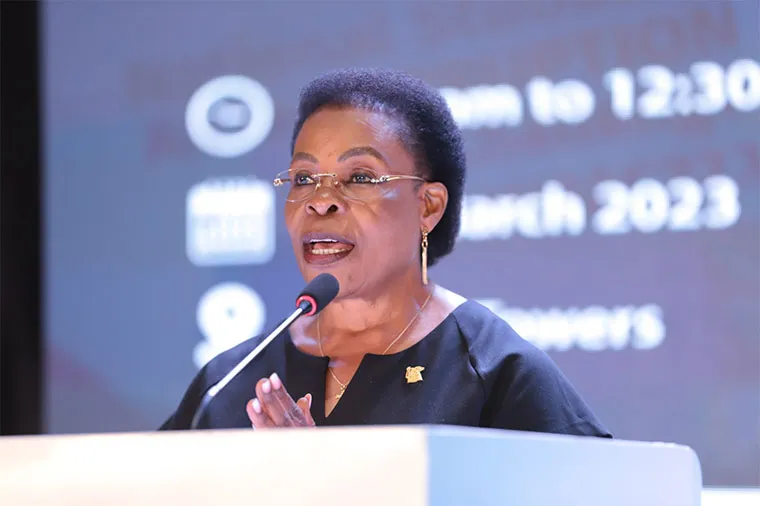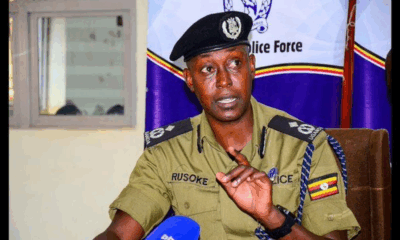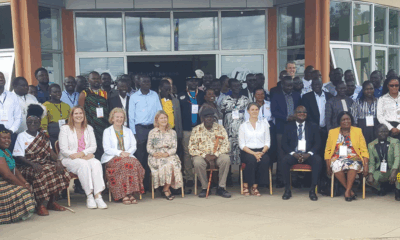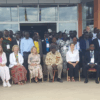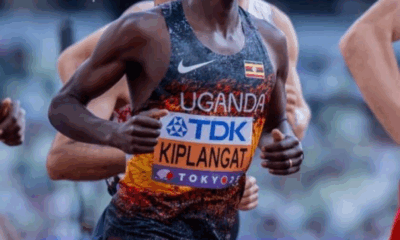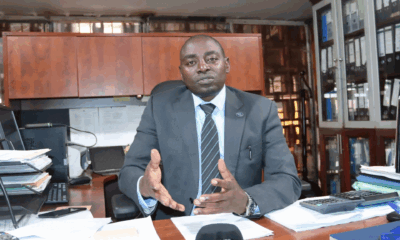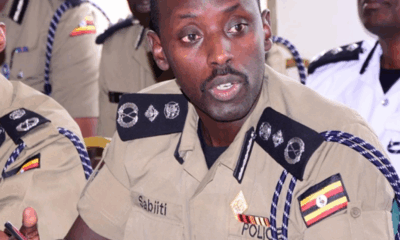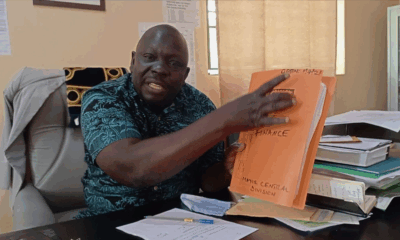News
IGG Kamya: Corruption Costing Every Parish UGX 1 Billion Annually
The Inspectorate of Government has concluded investigations into over 2,200 corruption cases in the past year, recommending action against more than 1,200 public officers and recovering UGX 7 billion in stolen public funds, according to Inspector General of Government (IGG) Beti Kamya.
Speaking at a press briefing in Kampala, Kamya gave a comprehensive update on Uganda’s fight against corruption, warning that graft is draining national development and denying local communities critical services under initiatives such as the Parish Development Model (PDM).
“If Uganda could save the 10 trillion shillings lost to corruption annually and distribute it across the 10,000 parishes in the country, each parish would receive UGX 1 billion every year,” Kamya stated.
Kamya revealed that the Inspectorate investigated and closed 2,218 corruption-related cases within the past financial year. Of these, administrative action—ranging from interdictions to job dismissals—was recommended against 1,204 public officers across ministries, departments, and local governments.
The IG also referred 16 cases for prosecution at the Anti-Corruption Division of the High Court and 37 others to the Leadership Code Tribunal, where she reported a 94.7% conviction rate. “We’ve conducted 53 spot checks and inspected over 1,200 government projects to ensure compliance and curb wastage,” she added.
Kamya expressed concern that despite the vision behind the PDM—to uplift 3.5 million Ugandans from subsistence farming—corruption is diverting resources meant to empower households.
“Under the current plan, each parish receives around UGX 100 million. But due to corruption, parishes are missing out on up to 1 billion shillings annually,” she said.
This, she noted, is money that could dramatically improve rural roads, healthcare facilities, schools, and incomes for millions.
Uganda Among Africa’s Top Corruption Losers
Uganda contributes an estimated $2.7 billion (approx. UGX 10 trillion) to the $140 billion Africa loses to corruption each year, placing it among the continent’s worst-affected nations.
Kamya warned that this scale of loss cannot be tackled by government agencies alone. She called for a collective national movement driven by citizens at the grassroots.
“Fighting corruption must become a people’s war,” Kamya emphasized. “We’re training ordinary Ugandans as anti-corruption ambassadors—to identify, document, and report wrongdoing in their own communities.”
A toxic public mindset, Kamya said, is among the biggest challenges in combating corruption.
“Ugandans often celebrate sudden wealth, calling people who get rich overnight ‘Boss’ or ‘Kapo’ without questioning the source. Even when they’re arrested, crowds gather in court to support them. That mindset glorifies corruption,” she explained.
Instead, Kamya urged citizens to ask tough questions: “Where did you get this wealth?” She encouraged communities to report unexplained property ownership, especially high-rise buildings allegedly owned by civil servants.
“You in the villages know who owns what. Help us hold them accountable,” she appealed.
The IGG ended with a strong call to action, reminding Ugandans that every stolen shilling is a lost opportunity. “Corruption is robbing every parish of UGX 1 billion every year. That’s not just a statistic—it’s a stolen borehole, a missing health worker, a classroom that was never built. Let’s stand together and reclaim what belongs to us,” Kamya said.
As part of the Inspectorate’s 2025 agenda, increased community engagement, digital reporting tools, and stronger collaboration with law enforcement are expected to bolster the national anti-corruption drive.
Comments



